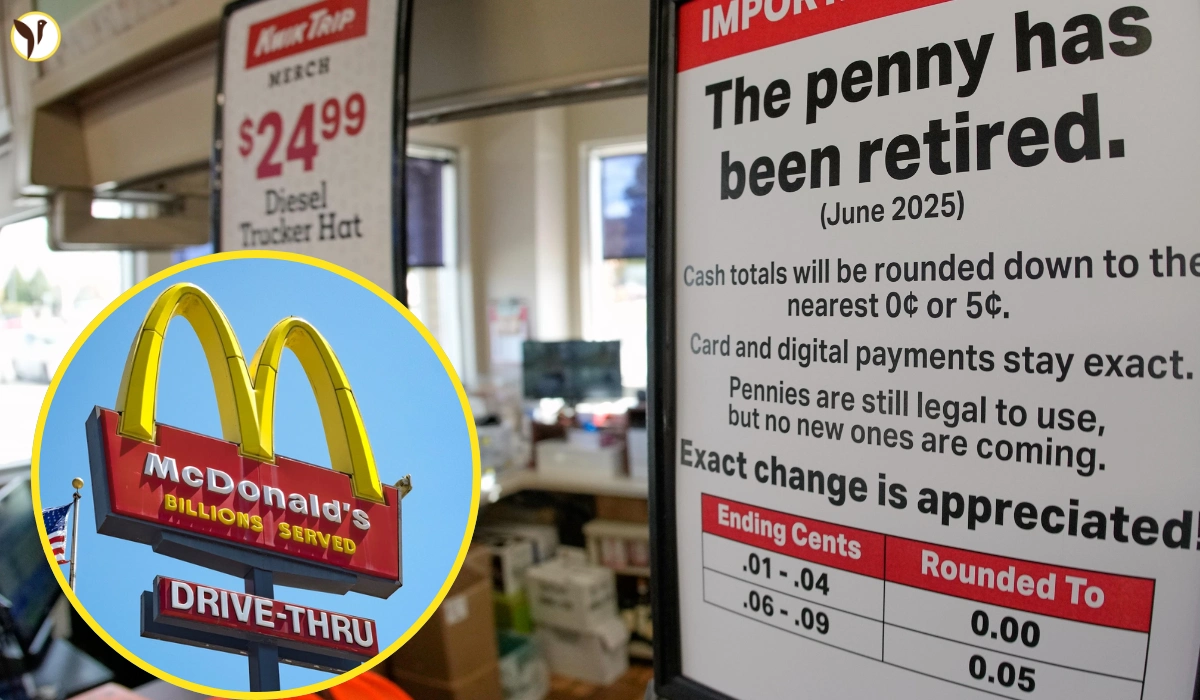Some McDonald’s outlets have begun rounding cash totals up or down to the nearest five cents when customers don’t have exact change, after a nationwide halt in penny production by the U.S. Treasury. If a meal costs $12.06 and no pennies are available, it’s charged at $12.05; for $9.39, it’s rounded up to $9.40. This system helps speed up transactions and avoid delays for both customers and cashiers. The policy does not impact card payments or orders placed through the McDonald's app.
Why Is There a Penny Shortage?
The U.S. Mint stopped producing pennies recently, which has led to shortages affecting major retailers including McDonald’s, Kroger, and Home Depot. Pennies are increasingly costly to produce, often being worth less than their manufacturing cost. The move is expected to encourage digital payments and streamline cash transactions.
How Will This Affect Customers?
-
Cash customers may notice minor changes in transaction totals, with purchases rounded to the nearest nickel.
-
Customers using debit, credit, or mobile payments will not see any difference.
-
McDonalds ensures transparency and fairness, following similar practices used in other countries facing coin shortages.
McDonald’s Plans for Payment Simplicity
McDonalds is working on lasting solutions to ensure customer satisfaction, collaborating with government agencies for clear guidance moving forward. Franchise owners may implement specific measures as needed, but the overall experience should remain seamless for consumers.









